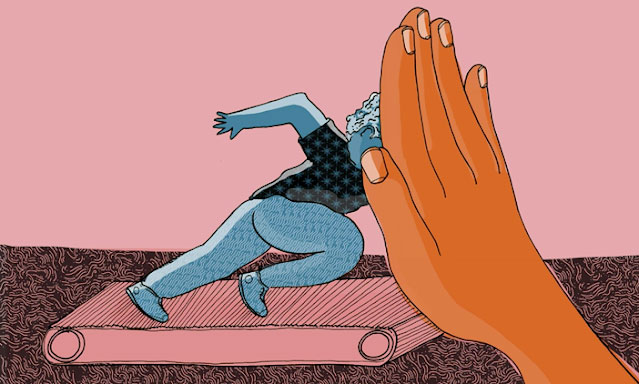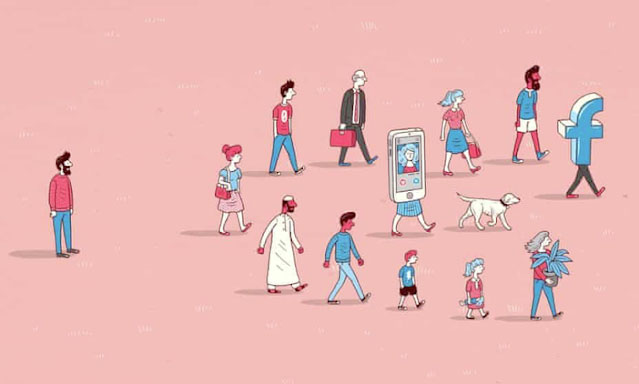Rejection manifests in various areas of life, including work and relationships. In this essay, in hopes of self-learning and helping whoever going through a similar issue, I will be discussing the psychology of rejection and how we can better deal with it.

Credits: TED Ideas
Psychology of Rejection
Rejection hurts so much for many of us because firstly, our brains are wired to respond to rejection with pain. Researchers found that the same parts of our brain were activated when physical pain is experienced, when participants were asked to recall a recent incident of rejection, explaining why rejection is legitimately ‘painful’.
Secondly, from an evolutionary perspective, the pain that people felt from being rejected was a survival mechanism. Back in nomadic times, being ostracized from one’s tribe was akin to a death sentence since one was unlikely to survive alone. Those who felt more pain from the risk rejection were more likely to correct their behaviour and thus remain longer in the tribe. This meant that they were likely to survive longer and give birth to offspring. Therefore, that intense pain that is felt from rejection passes down to the subsequent generations and becomes a part of many of us now.

Credit: The Guardian
Thirdly, we often inflict more harm upon ourselves after experiencing rejection. If rejection was the edge of the paper that cut our skin, we are often that knife that cuts into the paper cut to make it a deep wound. From my perspective, this is because although rejection could be caused by external factors like a lack of chemistry with a partner or friend, we more than often not pick all sorts of faults with ourselves that could have led to the rejection, and attack our self-esteem till it hits rock bottom.
Fourthly, did you know that rejection can temporarily lower one’s IQ? Researchers found that participants who were asked to recall a recent rejection experience and relive the experience scored significantly lower in IQ tests and decision-making tests. Therefore, the next time we feel like we are spiraling into negative thoughts from a rejection, the least we could do is to remind ourselves that we are probably not thinking rationally and that we should not let our immediate judgement define our self-worth.
Written by Ting Yu
Ting Yu is an undergraduate in SMU pursuing Psychology. She is a writer who aims to raise greater awareness on mental health in Singapore, and to learn alongside with the readers.

Leave A Comment